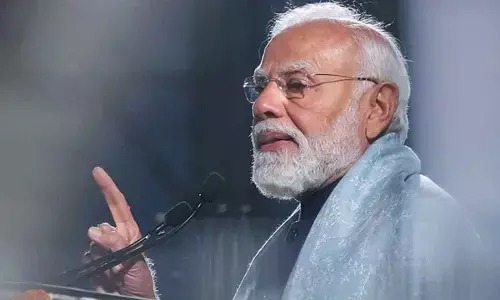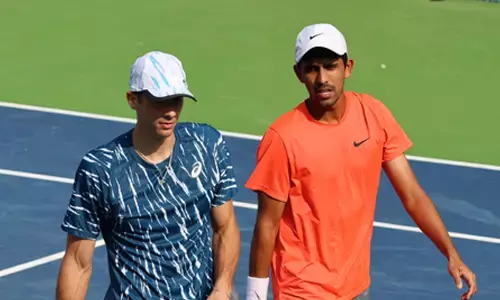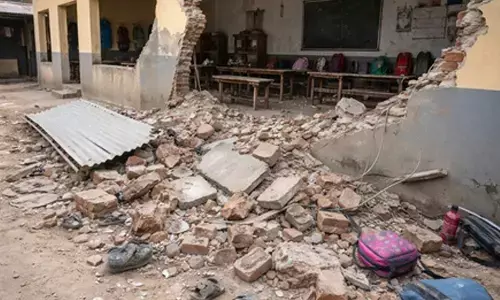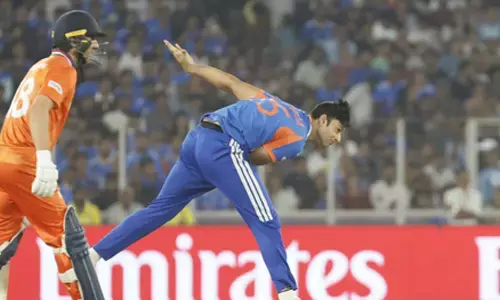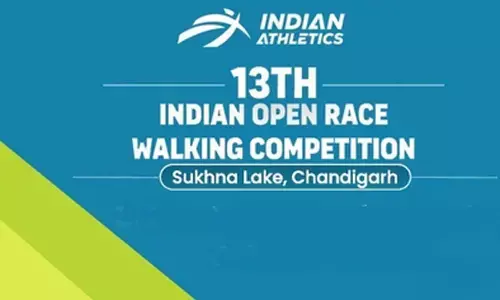Procuring private capital for Indian infra

American investor, businessman and philanthropist Charlie Mungers’ famous quotation, \"All I want to know is where I’m going to die, so I’ll never go there,” is apt for a discussion on attracting private investment in Indian infrastructure. Mungers mental model of \"inversion\" is the relevant source for the previously mentioned quotation.
American investor, businessman and philanthropist Charlie Mungers’ famous quotation, "All I want to know is where I’m going to die, so I’ll never go there,” is apt for a discussion on attracting private investment in Indian infrastructure. Mungers mental model of "inversion" is the relevant source for the previously mentioned quotation.
The "inversion" model is useful for a discussion on attracting private capital into Indian infrastructure, an issue that sits atop the list of things to do for the government, investors and think tanks. The methodology of "inversion" tells us the scenarios we would want to avoid to achieve our target. Avoiding those situations give us a higher probability of reaching our goal. Therefore avoiding conditions that dissuade private investment in infrastructure will go a long way in creating an environment that is conducive to attracting private capital.
Take Investment platform regulations. Investment platforms such as Infrastructure Investment Trusts (InvITs) and Real Estate Investment Trusts (REITs) should not be sparsely used as is the case today. It is crucial that financing vehicles and the surrounding regulations are continually updated and reviewed.
The industry and the government must continuously ask the question as to why InvITs have not been used to a greater extent in India. The reason can be just that the market is taking time to warm up to a new investment vehicle or there can be other issues such as complexity of regulations. It is crucial that regulators continuously work with the investment community to make financial vehicles useful and relevant for investors.
In the US, the combined equity market capitalisation of the FTSE NAREIT index in April 2017 was more than $1 trillion. The ability of well-structured and effectively-regulated financial vehicles to mobilise capital is significant and such platforms need to be continuously improved with changing market dynamics to assist private capital to invest in infrastructure.
Constant feedback from the stakeholders and effectively utilising the feedback to develop regulatory frameworks will be critical to expediting infrastructure creation. Also consider construction phase risk. Private capital, especially foreign capital, should not have poor experience with greenfield projects and construction phase risk. Over the last few years, we have seen investments pick up in Indian infrastructure. Private capital has primarily focused on well-performing brownfield assets.
Greenfield risk-taking by private capital should be a gradual process. Allocation of risk in infrastructure is crucial to the success of the investment. Allocating construction risk to private capital, at least to start with, is probably not ideal to expedite infrastructure creation. Government involvement in the construction phase is crucial.
Given the greenfield infrastructure creation required across the spectrum in natural gas pipelines, logistics, power transmission, water, and roads among others, the government is probably the best placed to undertake the construction phase. Private capital can come in at a later stage.
Next, the contract enforcement regime in India must not be perceived to be weak by private capital. Stronger legal institutions and robust regulations will be critical to boosting private capital investments in infrastructure. Policy consistency around contract enforcement is essential. Private investors must not perceive that the rules of the game change during the game. Infrastructure investments require significant capital to be committed over long periods of time.
For India to indeed attract capital into the economy above and beyond the basket of brownfield assets that have been monetised recently, a robust policy mechanism must be in place. Once a policy is formulated, and an investment is made under the existing policy, any changes in the future to the policy should not affect past investments.
Investor perception of policy changes influencing long-dated infrastructure projects creates pricing inefficiencies in the market. The risk premium the investors charge is high to compensate the investor for the risk. The high premium charged leads to fewer bankable projects, thereby reducing the pace of infrastructure creation.
Munger's mental model of inversion helps us to create a common-sense approach to infrastructure creation. While the to-do list seems rather simple, experience has taught us that ground level execution requires diligent work. For the Indian infrastructure ecosystem, it is essential to realise that working and engaging with all stakeholders is vital to expedite infrastructure creation. While multilateral agencies can lead the way, the need for rapid infrastructure creation in a growing economy will need private capital to play a significant role independently.
(By: Taponeel Mukherjee heads Development Tracks, an infrastructure advisory firm)



